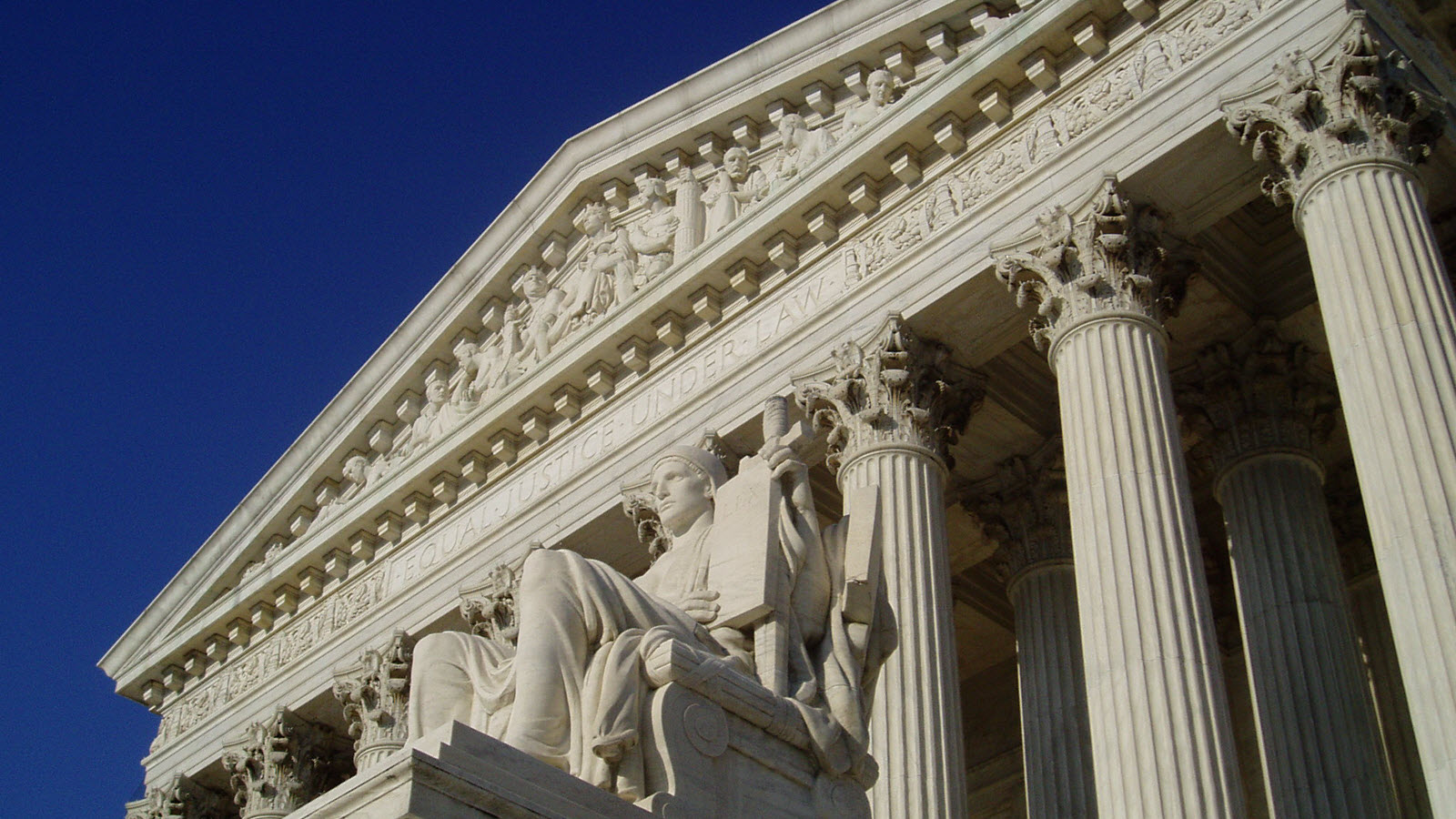Supremes Say NYC PEG Administrator Can Regulate Content

The smarter way to stay on top of the multichannel video marketplace. Sign up below.
You are now subscribed
Your newsletter sign-up was successful
The U.S. Supreme Court has ruled that Manhattan Neighborhood Network (MNN), the private nonprofit that New York City tapped to operate its public educational and government (PEG) channels, is a private speaker, not a governmental entity, and thus not subject to claims of abridgment of speech.
That came in a ruling reversing the U.S. Court of Appeals for the Second Circuit's finding that MNN was a state actor. The Supreme Court decision was rendered by newest Justice Brett Kavanaugh, who is familiar with communications issues from his time on the D.C. Circuit appeals court.
Cable franchisees and local governments are prohibited from "'exercis[ing] any editorial control' over the channels, aside from regulating obscenity and other unprotected content."
"It does not matter that a provision in the franchise agreements between the City and Time Warner allowed the City to designate a private entity to operate the public access channels on Time Warner’s cable system," Kavanaugh wrote, referring to the cable system now owned by Charter Communications. "Nothing in the agreements suggests that the City possesses any property interest in the cable system or in the public access channels on that system."
The case centered on a video critical of MNN that DeeDee Halleck and Jesus Papoleto produced and which MNN aired, but then suspended the pair from its facilities.
The two sued over being denied public access to the channel by the people operating the public access channel, which they said violated their free speech rights. A district court dismissed the claim on the ground that MNN was not a state actor. The Second Circuit disagreed, but the High Court's conservative majority sided--by a vote of 5-4--with the district court.
"Operating public access channels on a cable system is not a traditional, exclusive public function. A private entity such as MNN who opens its property for speech by others is not transformed by that fact alone into a state actor," Kavanaugh wrote.
The smarter way to stay on top of the multichannel video marketplace. Sign up below.
Joining Kavanaugh were Supreme Court Chief Justice John Roberts and Justices Clarence Thomas, Samuel Alito and Neil Gorsuch. Dissenting were Justices Sonia Sotomayor, Ruth Bader Ginsburg, Stephen Breyer and Elena Kagan.
Penning the dissent, Sotomayor said that MNN had been appointed by the government to administer a constitutional public forum and that the city "secures a property interest in the channels" when it grants a cable franchisee its license.
"State regulations require those public-access channels to be made open to the public on terms that render them a public forum. The City contracted out the administration of that forum to a private organization, petitioner Manhattan Community Access Corporation (MNN). By accepting that agency relationship, MNN stepped into the City’s shoes and thus qualifies as a state actor, subject to the First Amendment like any other."
Sotomayor and company said the Second Circuit should have been affirmed because: "The channels are clearly a public forum: The City has a property interest in them, and New York regulations require that access to those channels be kept open to all."
That was the minority's theory of the case, but it fell one vote short of being the precedent that has now been set, which is that while governments and cable operators can't regulate speech beyond the extremes of obscenity and other unprotected speech, PEG administrators can.
Contributing editor John Eggerton has been an editor and/or writer on media regulation, legislation and policy for over four decades, including covering the FCC, FTC, Congress, the major media trade associations, and the federal courts. In addition to Multichannel News and Broadcasting + Cable, his work has appeared in Radio World, TV Technology, TV Fax, This Week in Consumer Electronics, Variety and the Encyclopedia Britannica.

